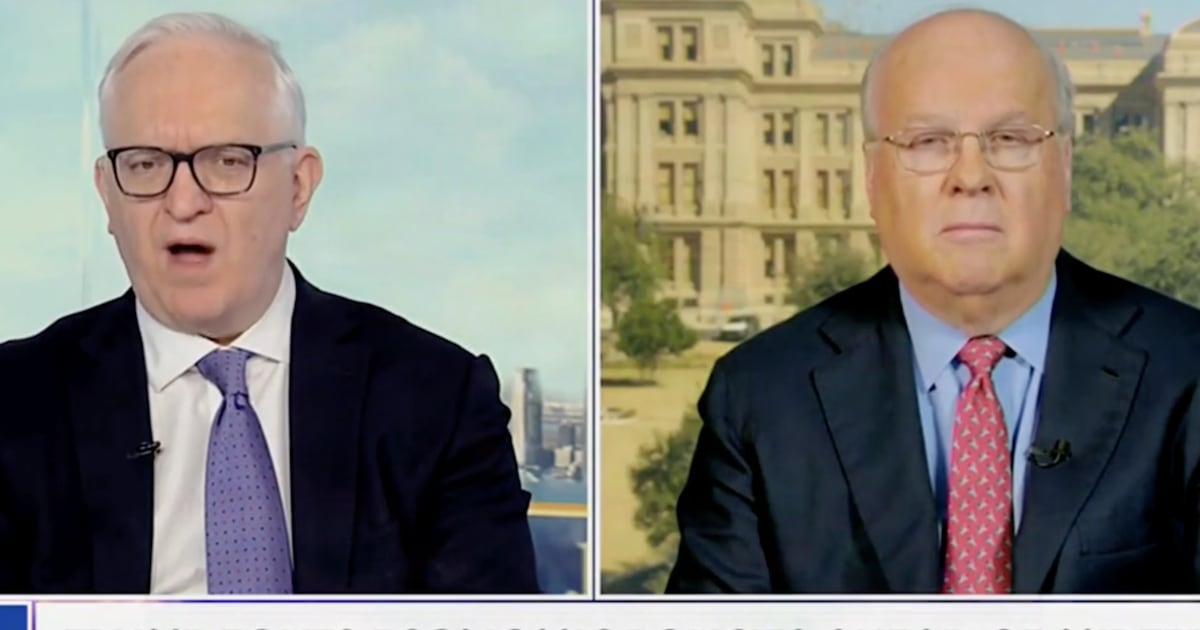Our short regional nightmare is over.

Shortly after 5 p.m. Eastern Time, minutes after the rain delay ended at the U.S. Open tennis tournament in Queens, CBS announced an agreement that restored the Tiffany Network and related channels to about 3 million Time Warner Cable customers in media markets from New York to Los Angeles, where tennis fans can now watch the Open without resorting to noisy sports bars or dicey live streaming.
“I am pleased to inform you that this evening we concluded our content carriage agreement with Time Warner,” CBS chief executive Leslie Moonves announced in an email—the first pleasant one in his 32-day public-relations bickerfest with TWC chief executive Glenn Britt. “Effective immediately, CBS will be back on Time Warner Cable systems in New York, Los Angeles, and Dallas, and Showtime will be available to their subscribers across the nation.”
So ended, happily it seems, an unprecedented disruption of service for a broadcast outlet and a cable carrier that began August 1 in a dispute over the carriage fees CBS wanted to charge TWC in the two corporate behemoths’ new contract negotiations. Neither side has publicly confirmed the amounts in dispute, but according to reports, CBS wanted around double its estimated $1 monthly charge per subscriber. According to informed sources, TWC—which in recent years has been punished by distribution competition from Verizon FiOS, the Dish Network, and DirecTV, as well as content providers such as Netflix and Amazon—also wanted free access to video on demand and other methods of getting CBS programming.
TWC, which like its former adversary is massively profitable (earning nearly half a billion dollars in the most recent quarter), steadfastly refused CBS’s demand—and retaliated by blacking out not only the top-rated broadcast network but also its sister channels Showtime, TMC, Flix, the CBS Sports Network, and Smithsonian in the affected markets. CBS made matters worse by blocking TWC subscribers from online access to full episodes of CBS programming.
TWC and Britt relentlessly argued that the cable company was resisting CBS’s demands, which they insisted in negative television ads amounted to a 600 percent upcharge, only because they desired to save beleaguered cable customers from paying even more than they already do. The cable company—which, CBS argued, was paying content providers with far smaller audiences, especially ESPN, multiples of CBS’s requested figure—acknowledged that its “600 percent” attack was an exaggeration.
Britt, for his part, claimed Monday evening that the reason the negotiations went on so long was that “we wanted to hold down costs and retain our ability to deliver a great video experience for our customers.” But, in a statement, he acknowledged, “we certainly didn’t get everything we wanted.” Britt added that it’s time for Congress and the Federal Communications Commission “to reassess the 1992 retransmission consent rules,” which, he argued, “are woefully out of date [and] the primary reason cable bills are rising.” By some estimates, cable customers are being charged three times what they were paying for the service a mere decade ago.
Moonves’s Labor Day memo strongly suggested that in the end TWC caved.
“The final agreements with Time Warner Cable deliver to us all the value and terms that we sought in these discussions,” Moonves crowed. “We are receiving fair compensation for CBS content and we also have the ability to monetize our content going forward on all the new, developing platforms that are right now transforming the way people watch television.”






